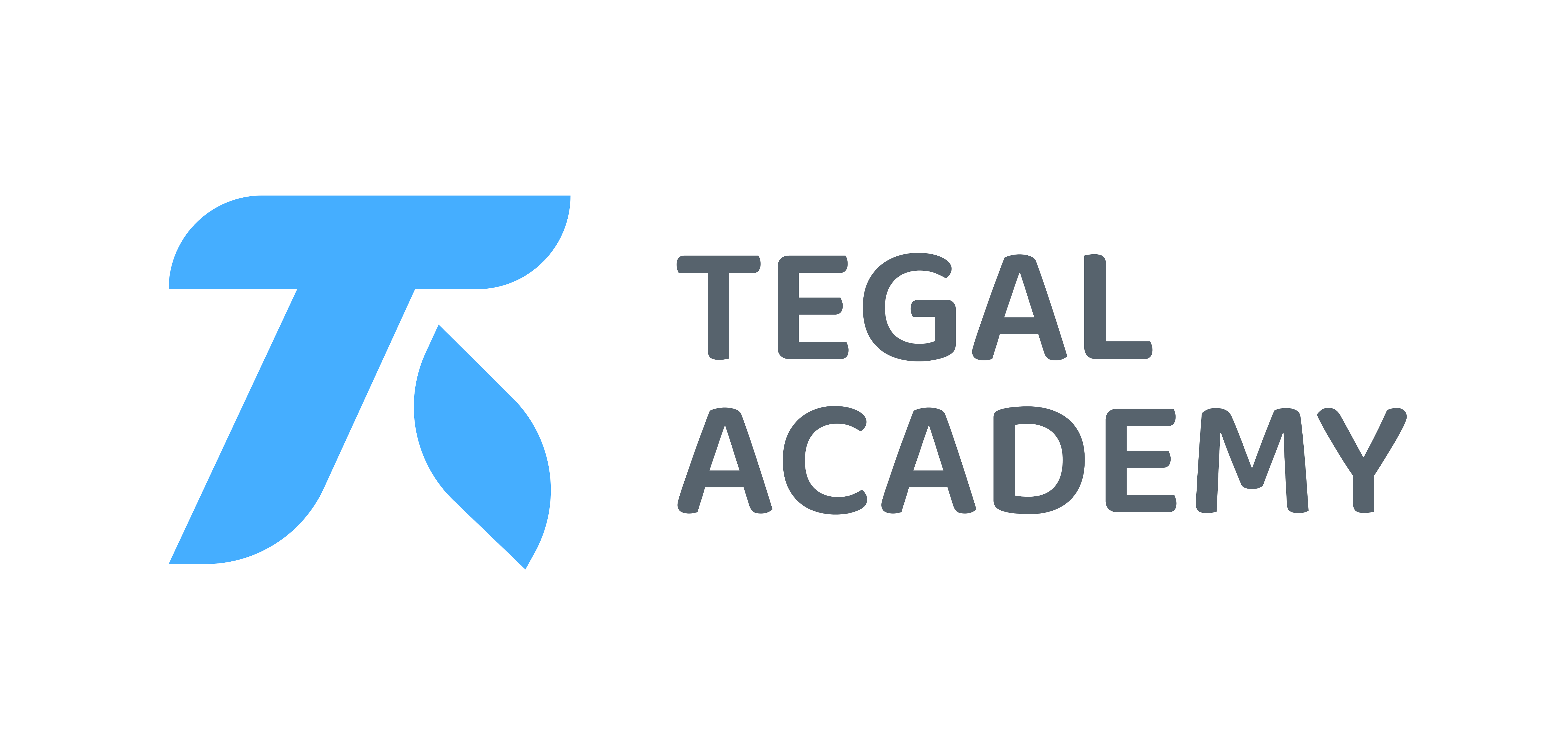The landscape of full stack development continues to evolve at a rapid pace. As we move further into 2025, the demand for versatile developers who can work across the entire technology stack remains high. However, the specific skills that employers are looking for continue to shift as new technologies emerge and mature.
1. Modern JavaScript Frameworks
While React continues to dominate the frontend landscape, frameworks like Next.js and Remix have become essential knowledge for developers looking to build performant, SEO-friendly applications. On the backend, Node.js remains popular, but frameworks like Fastify and Hono are gaining traction for their performance benefits.
2. TypeScript Proficiency
TypeScript has moved from a nice-to-have to a must-have skill. Its type safety and improved developer experience have made it the standard for large-scale applications. Understanding advanced TypeScript features like generics, utility types, and the type system is now expected of senior developers.
3. Database Knowledge Beyond SQL
While SQL databases remain crucial, developers are now expected to understand when to use different database paradigms. Knowledge of document databases (MongoDB), graph databases (Neo4j), and time-series databases is increasingly valuable as applications become more specialized.
4. API Design and Architecture
RESTful APIs are still common, but GraphQL has established itself as a powerful alternative for flexible data fetching. Additionally, tRPC has emerged as a type-safe way to build APIs in TypeScript environments. Understanding the tradeoffs between these approaches is essential.
5. Containerization and Orchestration
Docker continues to be the standard for containerization, but knowledge of Kubernetes for orchestration has become increasingly important as applications scale. Understanding how to deploy and manage containerized applications is a key skill for modern full stack developers.
6. Serverless Architecture
The ability to build and deploy serverless functions across providers like AWS Lambda, Vercel Functions, and Cloudflare Workers allows developers to create scalable applications without managing infrastructure. This paradigm has become central to many modern application architectures.
7. Authentication and Security
With the increasing importance of data privacy and security, understanding authentication protocols (OAuth, OIDC), implementing proper authorization, and securing applications against common vulnerabilities is non-negotiable for developers in 2025.
8. Testing Strategies
Comprehensive testing has become a standard expectation. Knowledge of unit testing, integration testing, and end-to-end testing using tools like Vitest, Jest, and Playwright is essential for ensuring application reliability.
9. Performance Optimization
As user expectations for performance continue to rise, skills in optimizing load times, rendering performance, and application responsiveness are highly valued. This includes understanding Core Web Vitals, code splitting, and efficient rendering techniques.
10. AI Integration
Perhaps the biggest shift in 2025 is the expectation that developers can integrate AI capabilities into applications. This includes working with large language models through APIs, implementing vector databases for semantic search, and creating AI-enhanced features that improve user experience.
Conclusion
The role of the full stack developer continues to expand, requiring a broader and deeper set of skills than ever before. However, the fundamentals remain important: problem-solving ability, a solid understanding of computer science concepts, and the capacity to learn new technologies quickly.
At Tegal Academy, our curriculum is constantly updated to reflect these industry trends, ensuring that our graduates are prepared for the demands of the current job market. Whether you're just starting your journey as a developer or looking to level up your skills, focusing on these ten areas will help you stay competitive in the ever-evolving tech landscape.
